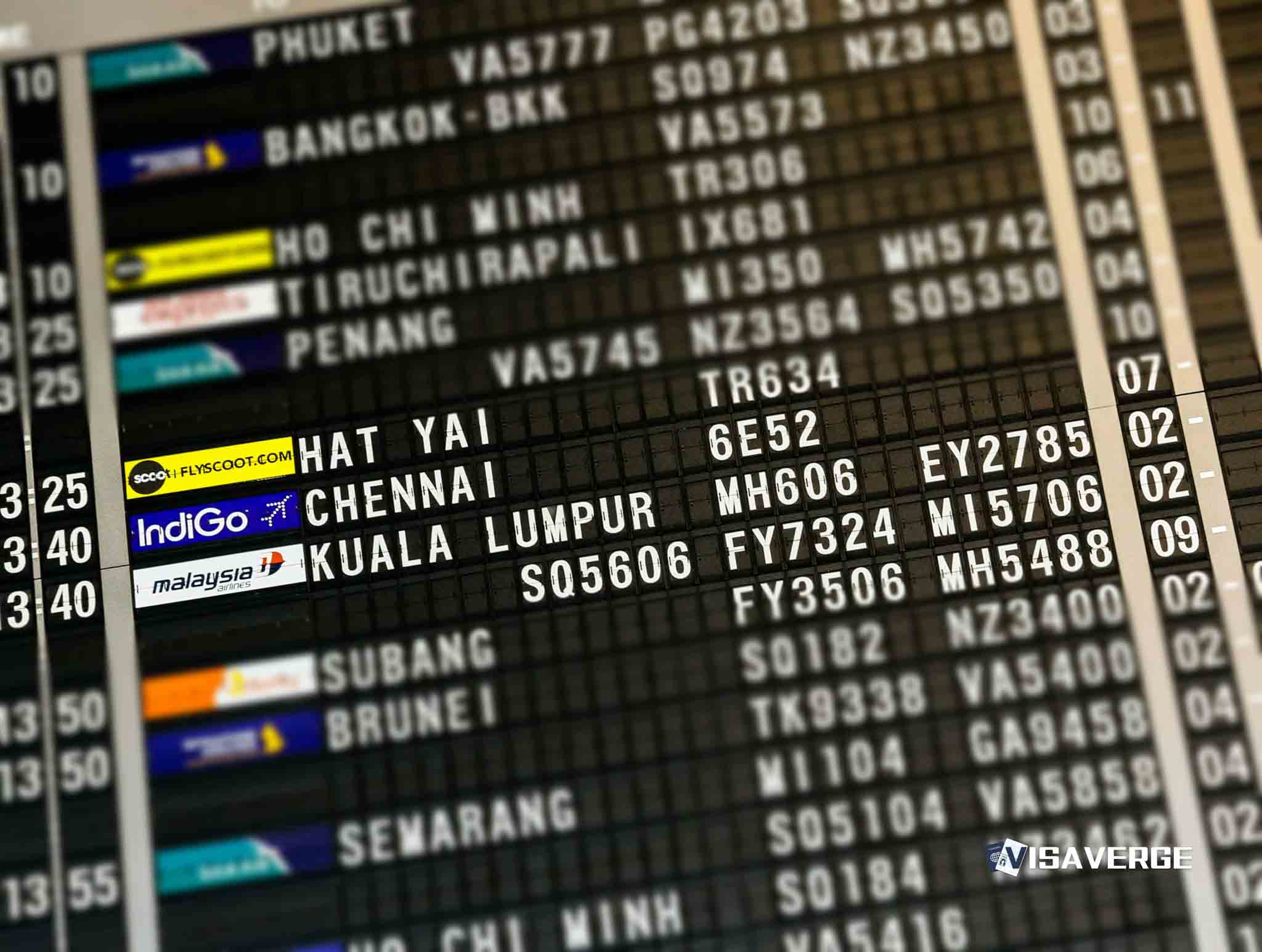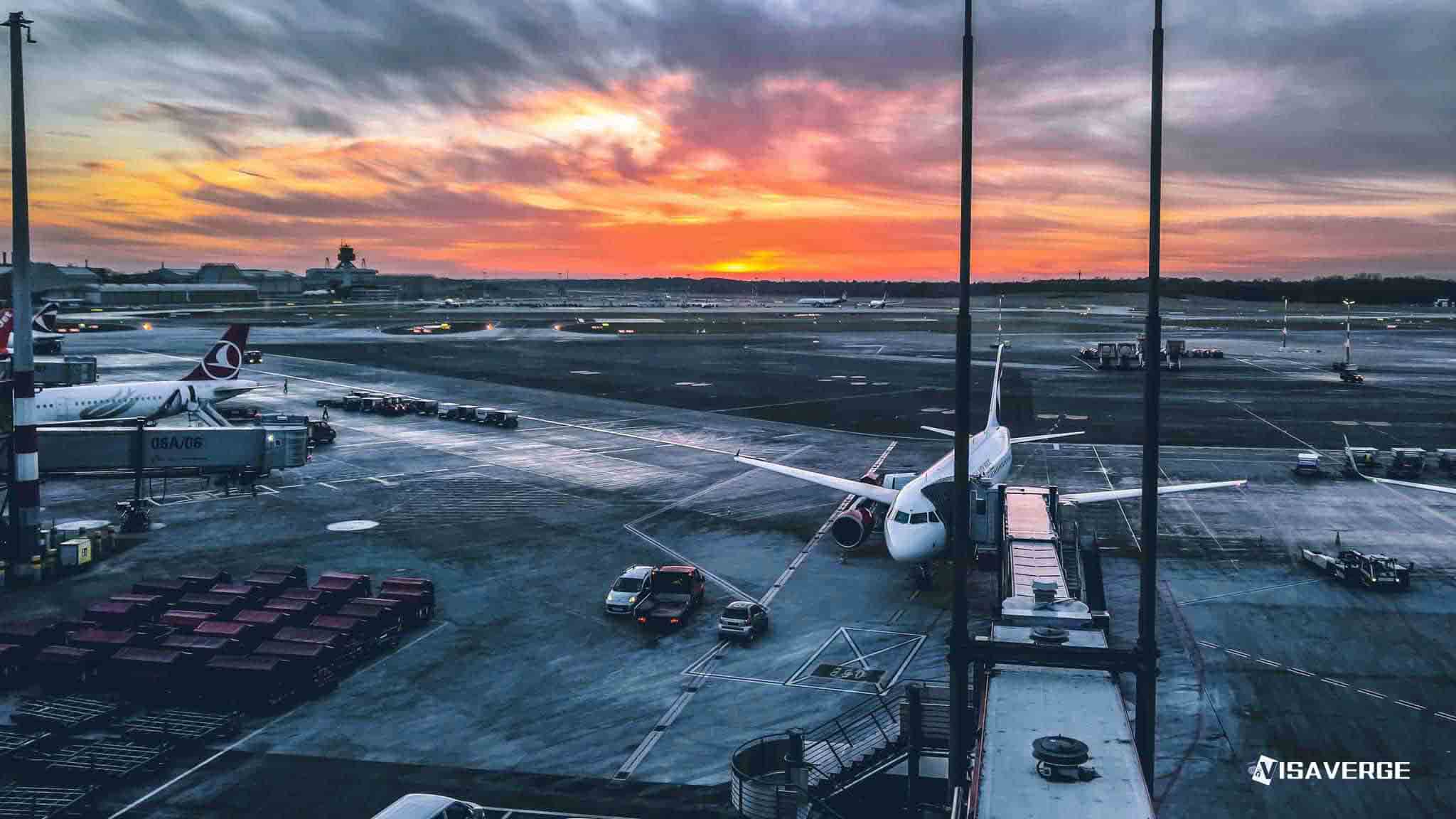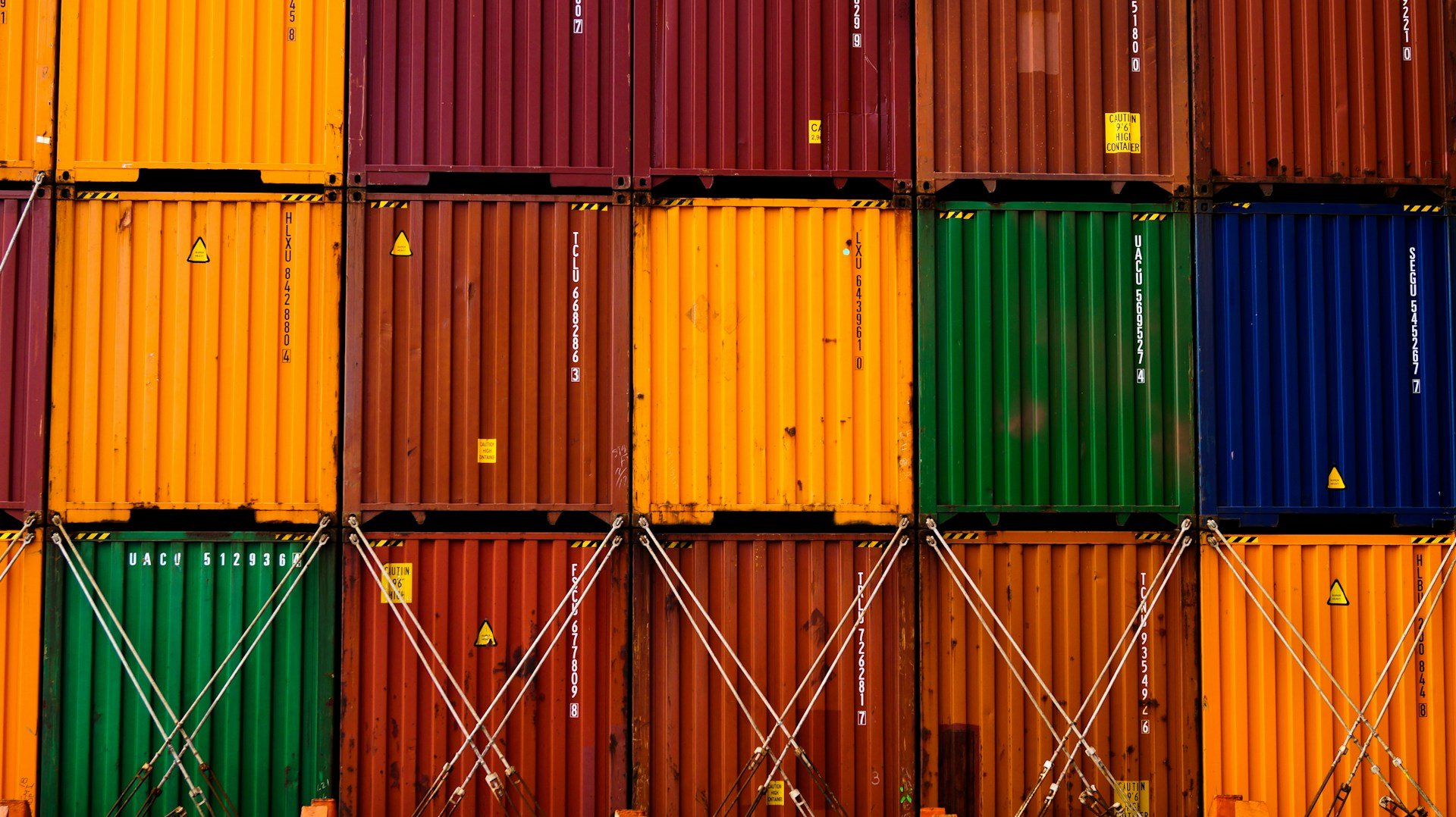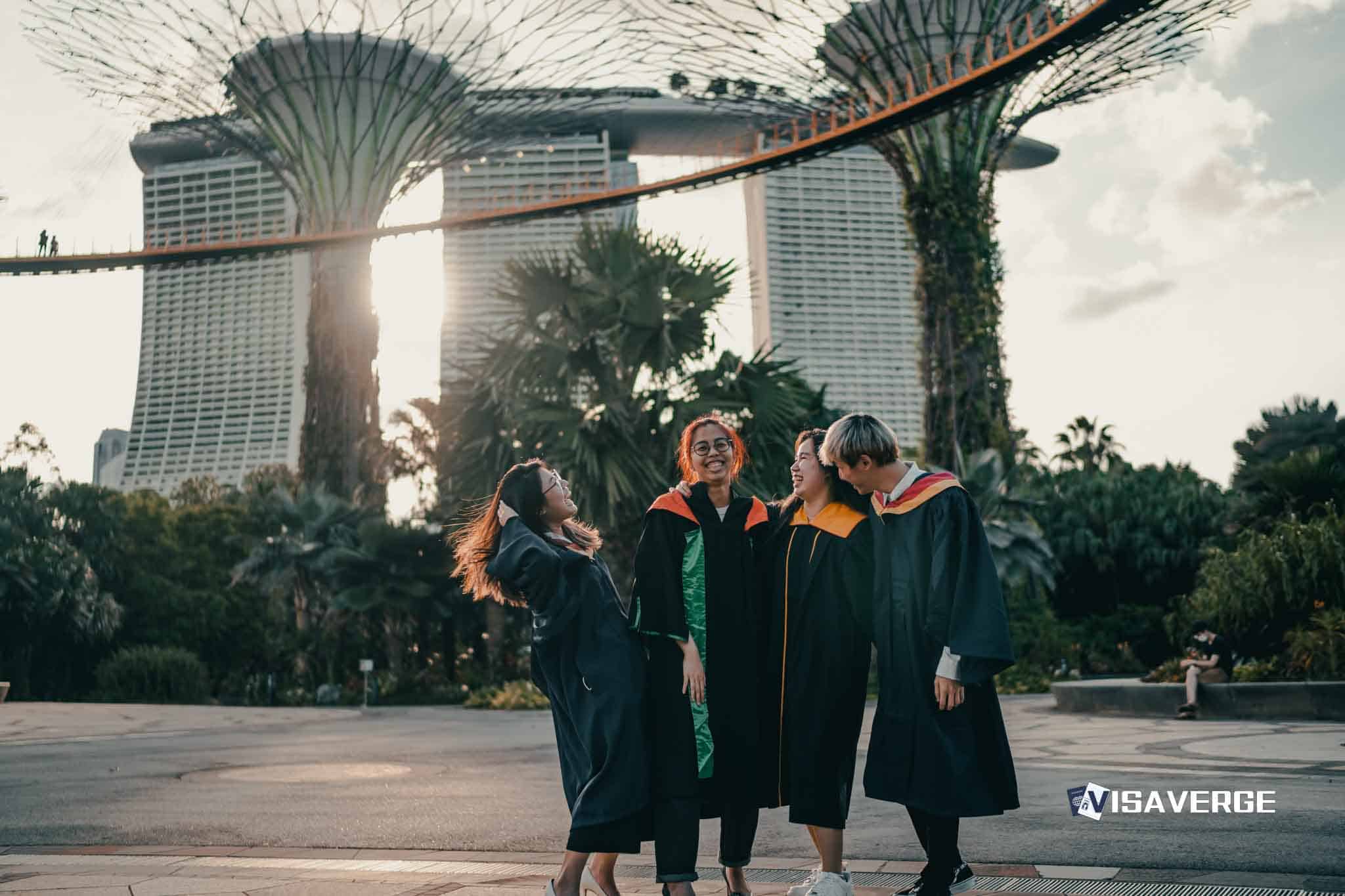(THAILAND) Indian travelers planning a Diwali getaway often ask for simple, fast options that don’t involve long visa queues. This ranked list highlights five visa-free or visa-on-arrival destinations where Indians can celebrate Diwali with minimal paperwork. Ranking factors include: length of visa-free stay, ease of entry at the border, cultural fit for Diwali celebrations, budget and shopping appeal, and extra benefits for students and professionals.
Each section explains visa rules, entry documents, travel costs you can expect at the border, and practical notes on customs and stay extensions. According to analysis by VisaVerge.com, these options reflect a wider shift toward easier mobility for Indian passport holders, especially around major festivals like Diwali.
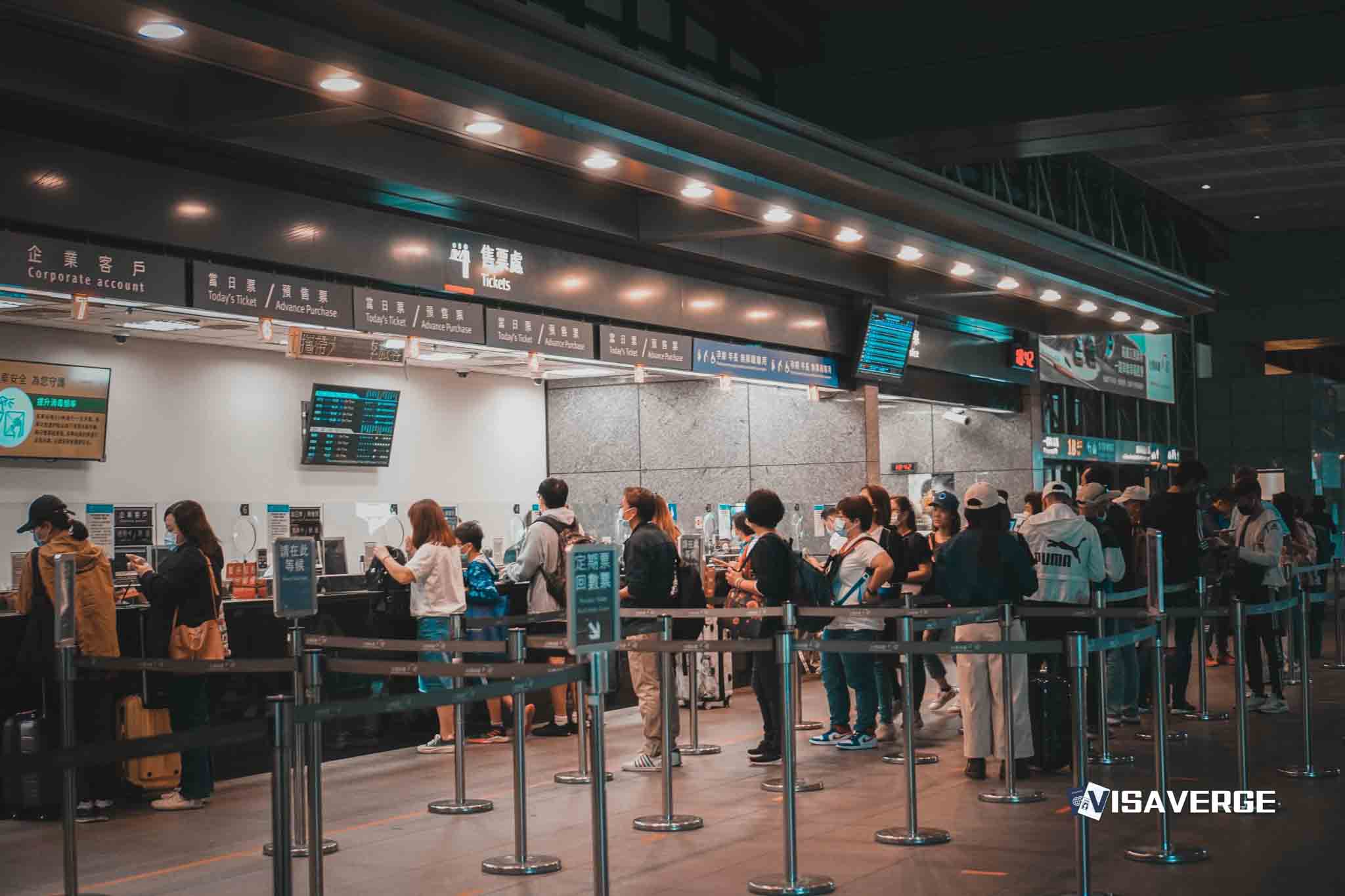
1) Thailand: Long stays, festive buzz, easy access
Thailand tops the list for its strong mix of convenience and celebration. The country is a natural pick for Diwali: Bangkok’s lights and markets, Phuket’s beaches, and Chiang Mai’s calm temples offer something for every traveler.
- Visa policy: Visa-free entry for Indians up to 60 days (tourism).
- Entry process: Thailand asks travelers to complete arrival information and show basic documents. Many visitors complete a digital arrival form before flying.
- Documents to carry: Valid passport (6+ months), return or onward ticket, hotel booking, and proof of sufficient funds.
- Stay management: Immigration officers may stamp a shorter stay if return dates or funds don’t match plans, so keep bookings clear and consistent.
- Border costs: No visa fee applies under the visa-free policy; bring funds for daily expenses and any airline transit charges.
- Shopping and tariffs: Thailand’s low tariffs on many consumer goods make it a favorite for festival shopping. Keep Indian customs limits in mind when returning.
- Student angle: Students already in Southeast Asia often choose Thailand for short breaks because of quick flight connections and low costs.
Why it ranks first: Long visa-free duration, strong Diwali vibe, and direct flights from many Indian cities make Thailand the most flexible choice during the festive window.
2) Bhutan: Peaceful festive break with simple entry
Bhutan offers calm mountain settings, clean air, and a sustainable tourism model. Many Indian travelers visit around Diwali or Tihar for a quieter festival experience.
- Visa policy: Visa-free for Indian citizens. You only need an entry permit at the border or airport.
- Documents to carry: Passport or Voter ID, plus two photographs.
- Border costs: Bhutan applies a Sustainable Development Fee (SDF) of ₹1,200 per night for Indian travelers.
- Entry checks: Officials may ask for proof of stay and funds.
- Cultural fit: Temples and small towns mark the season with lamps and prayer, making it a meaningful retreat if you want a festival with less noise.
- Trade and customs: Bhutan supports eco-friendly imports; Indians usually enjoy duty-free allowances on small purchases. Declare electronics and high-value items when returning to India.
Why it ranks second: Extremely simple entry and an affordable short-haul trip from eastern and northern India. The SDF adds a nightly cost, but many travelers find the experience worth it for a serene Diwali.
3) Mauritius: National Diwali celebrations with a 60-day stay
Mauritius blends beaches, Indian heritage, and island hospitality. Diwali is a public celebration with lamps, sweets, and family gatherings across the island.
- Visa policy: Visa-free stay for Indians up to 60 days.
- Entry process: Immigration may ask about your travel purpose and plans.
- Documents to carry: Valid passport, hotel confirmation, return or onward ticket, proof of funds, and travel insurance (strongly recommended).
- Border costs: No visa fee under visa-free rules. Keep a small buffer for airport transfers and emergency expenses.
- Culture and comfort: Many locals trace roots to India, and you’ll find vegetarian food and Diwali events widely.
- Finance and customs: Mauritius has a tax treaty with India for investments, but for tourists the key point is shopping limits when returning. Keep Indian duty-free rules in mind; plan within ₹50,000 worth of goods to avoid extra duty on re-entry.
Why it ranks third: A long visa-free window, national Diwali spirit, and family-friendly beaches make Mauritius a strong festival choice—especially for those seeking a relaxed pace with cultural familiarity.
4) Malaysia: Deepavali at scale, plus short-term career exposure
Malaysia’s Deepavali celebrations span Kuala Lumpur, Penang, and Johor Bahru. Expect street decorations, temple visits like Batu Caves, and festive food scenes.
- Visa policy: Visa-free entry for Indians up to 30 days.
- Entry process: Many travelers must complete the Malaysia Digital Arrival Card (MDAC) a few days before arrival. Submit it on the official portal at https://imigresen-online.imi.gov.my/mdac/main.
- Documents to carry: Return or onward ticket, hotel bookings, and proof of funds. Carry travel insurance for health and trip delays.
- Border costs: No visa fee under visa-free rules. Airlines may ask for onward travel proof at check-in.
- Work and study angle: Malaysia hosts short-term business, internship, and exchange activities. Travelers use the visa-free window to meet contacts, visit campuses, and explore options for future programs.
- Cultural fit: Deepavali is widely recognized, making it easy to join community events and find Indian food across the country.
Why it ranks fourth: Strong Deepavali celebrations and a clear pre-arrival process keep entry simple, while a 30-day window supports both holidays and light professional networking.
5) The Philippines: Quick island escape with simple rules
If you want a quiet break rather than big Diwali events, the Philippines offers beaches, diving, and friendly stays—ideal for a short, calm festival trip.
- Visa policy: Visa-free entry for Indians up to 14 days (tourism only).
- Entry process: Show clear return plans to match the short stay.
- Documents to carry: Onward or return ticket, hotel bookings, proof of funds, and a valid passport with 6+ months remaining.
- Stay management: Beyond 14 days isn’t allowed without a formal extension. Check extension options well ahead of time if you plan a longer trip.
- Customs and shopping: Many items are affordable, including handicrafts and electronics. Keep Indian customs limits in mind to avoid extra duty on re-entry.
- Culture and timing: Diwali isn’t widely celebrated, but you can mark the festival in private, then enjoy island time right after the puja.
Why it ranks fifth: Short visa-free window makes it best for a quick getaway. Ideal for couples or solo travelers looking for nature and rest during the Diwali period.
Practical guidance for all five destinations
Packing the right papers saves time at the airport. While these places are visa-free for Indians (or permit-based in Bhutan), border officers still check basic travel readiness. Keep the following in your hand luggage:
- Passport with at least 6 months’ validity and a few blank pages.
- Return or onward ticket that matches your planned stay length.
- Hotel confirmations or letters from hosts; make sure names and dates match.
- Proof of funds, such as bank statements or recent pay slips.
- Travel insurance covering medical care and trip delays.
For tax and customs planning:
- When returning to India, staying within ₹50,000 worth of goods is a common guideline to avoid duty, but rules can change—keep receipts and pack items in original boxes.
- Declare high-value electronics.
- Keep foreign exchange slips and payment records in case questions arise at Indian immigration or customs.
Student and professional tips:
- Students in nearby regions—like Singapore, Australia, and the Gulf—often pick these destinations for short breaks because of low fares and short flights.
- Short visa-free stays can support career goals like school visits, job exploration, or meetings. Keep activities within allowed tourism or business visit rules.
- If you plan any paid work, research local programs that allow employment and apply in advance.
How to choose your best fit for Diwali
- Pick Thailand if you want the longest stays with lively city life, shopping, and beaches under one plan.
- Choose Bhutan for a calm, spiritual festival with clear budgeting thanks to the ₹1,200 per night SDF.
- Go with Mauritius if you want island time with a strong Indian cultural thread and a comfortable 60-day cushion.
- Select Malaysia for big Deepavali events, easy pre-arrival steps through the MDAC, and space for light career networking.
- Opt for the Philippines for a short, restful beach break that starts right after your Diwali rituals.
Final check before booking
- Confirm entry rules close to your travel date. Policies can shift due to security, public health, or seasonal decisions.
- Align your stay length with airline tickets and hotel dates to avoid questions at the counter.
- Carry printed copies of bookings and insurance even if you have them on your phone; some counters still prefer paper.
- If you’re carrying gifts or electronics for Diwali, keep invoices handy for Indian customs on return.
Diwali travel doesn’t have to be stressful. These five visa-free choices offer different styles—big-city lights, mountain peace, beach comfort, or island exploration—without heavy paperwork. With clear documents, realistic budgets, and smart planning, you can focus on the festival itself: the lamps, the prayers, the sweets, and time with loved ones.
This Article in a Nutshell
This guide lists five visa-free or simple-entry destinations for Indian travellers planning Diwali trips: Thailand, Bhutan, Mauritius, Malaysia, and the Philippines. Thailand leads with 60-day visa-free access, vibrant festival scenes, and shopping advantages. Bhutan provides serene festival experiences but charges an SDF of ₹1,200 per night and requires an entry permit; Indians may use passport or voter ID. Mauritius offers a 60-day visa-free window and national Diwali celebrations. Malaysia allows 30-day visa-free stays with a Malaysia Digital Arrival Card pre-arrival requirement. The Philippines permits 14-day visa-free visits, ideal for short beach escapes. Travellers should carry passports with six months validity, return tickets, hotel confirmations, proof of funds, and travel insurance. Follow customs rules—keeping goods within typical ₹50,000 limits—and declare high-value electronics. Students and professionals can leverage short stays for networking or campus visits but must avoid paid work without appropriate permits. Confirm entry rules before booking and align tickets with intended stay to avoid immigration issues.


